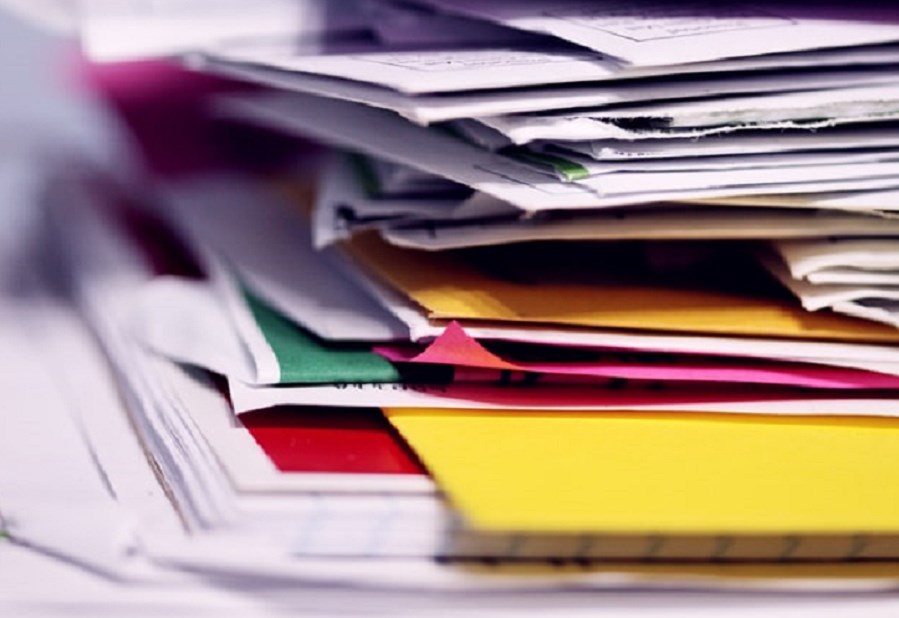 This article is a part of a month-long Morningstar Money Challenge. You can find the details here.
This article is a part of a month-long Morningstar Money Challenge. You can find the details here.
Today’s task is similar to what we accomplished on Day 5 when we Mari Kondo-ed our financial life. The task for that day was to create a master directory of all your documents and passwords and to get rid of any unused, unnecessary subscriptions and memberships.
Today, we look at what you need to file, what you need to throw, and why any of this is important at all.
“As with decluttering your home, winnowing down your number of accounts--and the holdings within them--can be incredibly clarifying. With fewer accounts and holdings, you can better focus on the really big determinants of your financial success: your asset allocation, your savings or spending rate, and your proximity to reaching your goals,” points out Morningstar’s director of personal finance Christine Benz.
Additional Reading
- Get Organized
- Create a Master Directory
As we head into the third quarter of the coronavirus-driven pandemic, many of us have turned our home living space into our offices. Which means that there has been (for me at least) a mess of papers lying everywhere. If organizing your home office (increasingly home and office are the same thing these days!) is one of your goals, Benz recommends you start by revisiting what paperwork you're saving.
Shred the Weight
“In my experience, most people save way more financial documents than they need to, and they do so out of habit more than anything else. Your shredder is your friend,” Benz says.
She says that to help determine what to save and what to toss, think about which documents would be a true headache to replace if you needed to.
“Do you like waiting in line or on hold with government offices? Didn't think so. ID cards, car titles, and marriage, birth, death, and divorce documents, as well as the past seven years' worth of tax returns, fit the bill and therefore should either be stored offsite, in a safe-deposit box, or in an at-home fireproof box,” she says.
Benz points out that you'll also want to keep a running file at home to hold any documents related to the current year's tax return.
“For documents that relate to your household's ongoing financial management--including bank and investment statements and monthly bills--ask yourself whether managing those accounts online and retrieving information on an as-needed basis might not be more efficient than stashing all that financial paperwork at home. The answer is probably yes. Plus, transacting online also courts less identity-theft risk than does allowing personal information to pass through the mail,” she says.
However, before you decide to go entirely paperless, check up on the thoroughness and ease of use of your financial-service providers' online information systems. You don’t want to be stuck in a system that doesn’t work for you.
“As you sort through your paperwork, you're apt to have come up with a big discard pile. I like to play it safe and shred anything with my name and address on it--if it has more personal information than that, such as an account number, put it in the "definitely shred" pile. Among the discard items that can go straight into the recycling bin are annual reports and prospectuses, warranties and manuals for stuff you no longer own, and marketing literature that accompanies bank and investment statements,” Benz says.
Plan to keep your document up to date, ideally as part of an annual financial checkup.
Additional Reading
- Marie Kondo Your Retirement Portfolio
- Taming Your Financial Records
- What to Stash, What to Trash




















